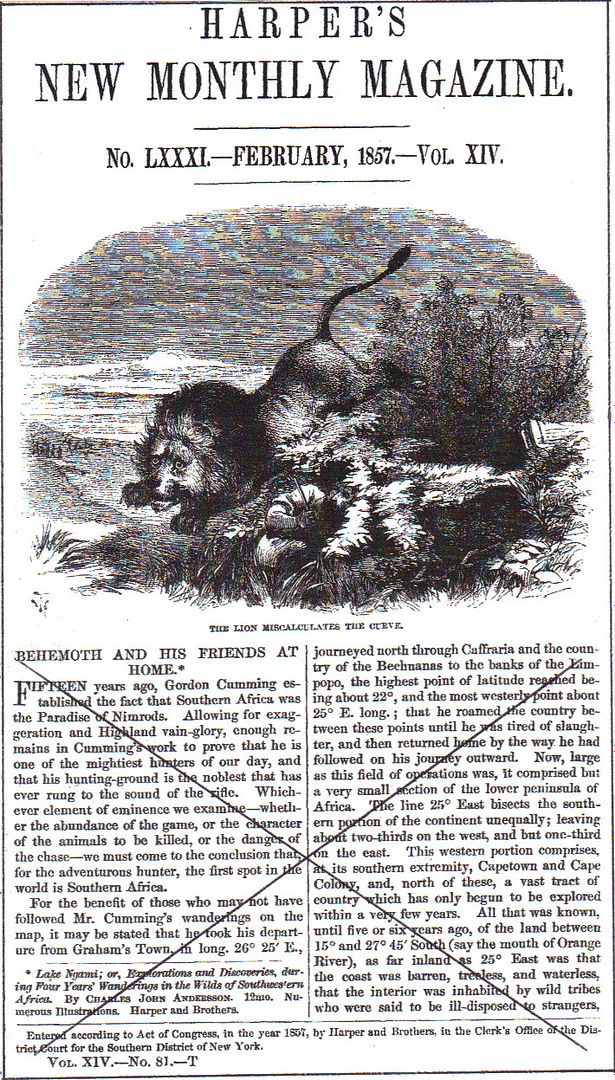
Posted on 02/01/2017 4:52:50 AM PST by Homer_J_Simpson

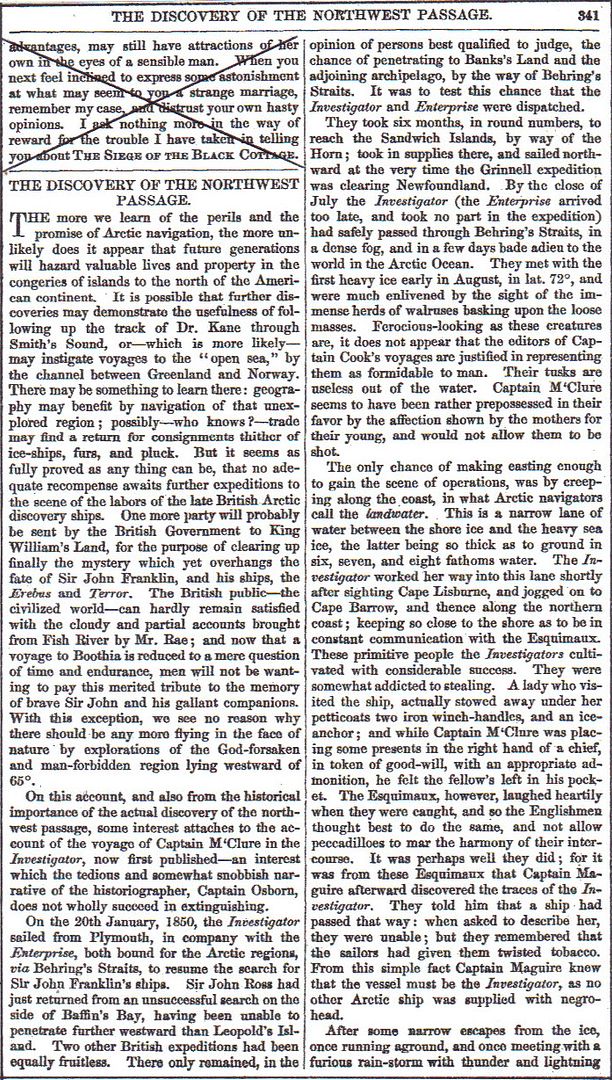
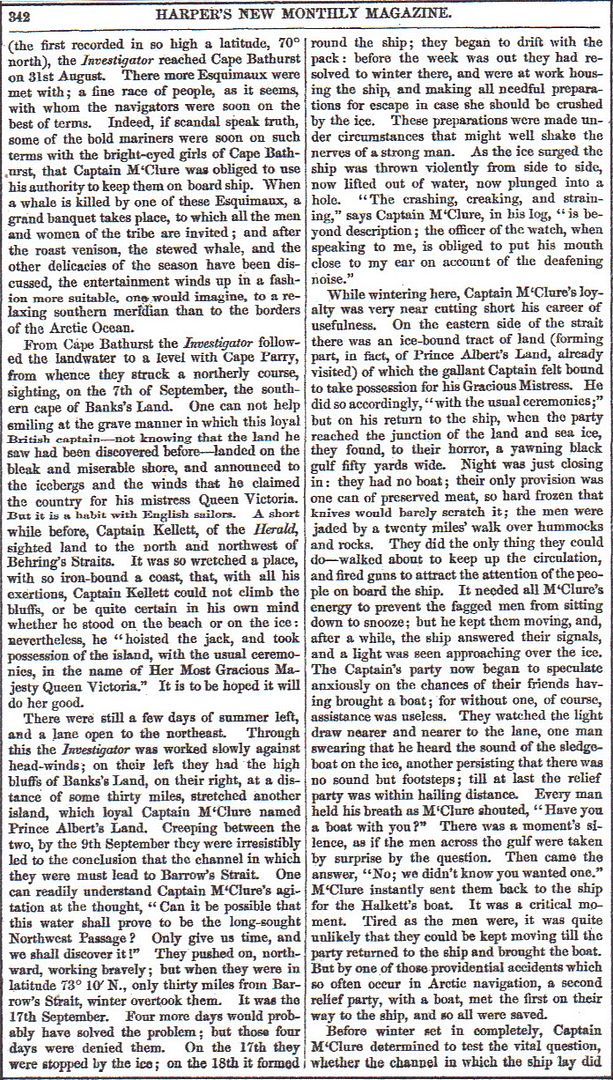
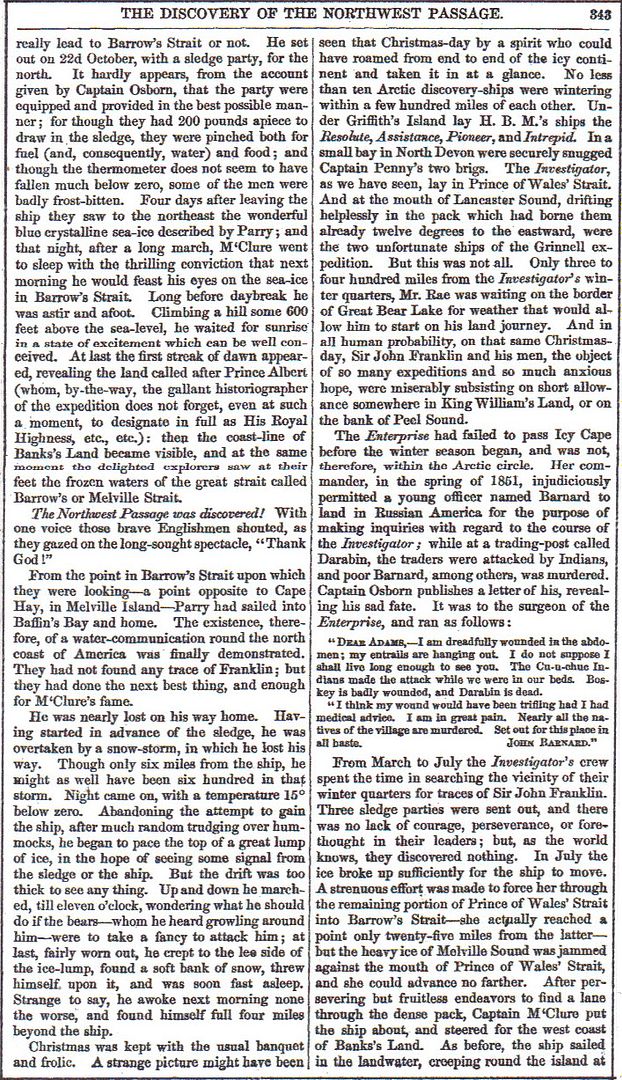
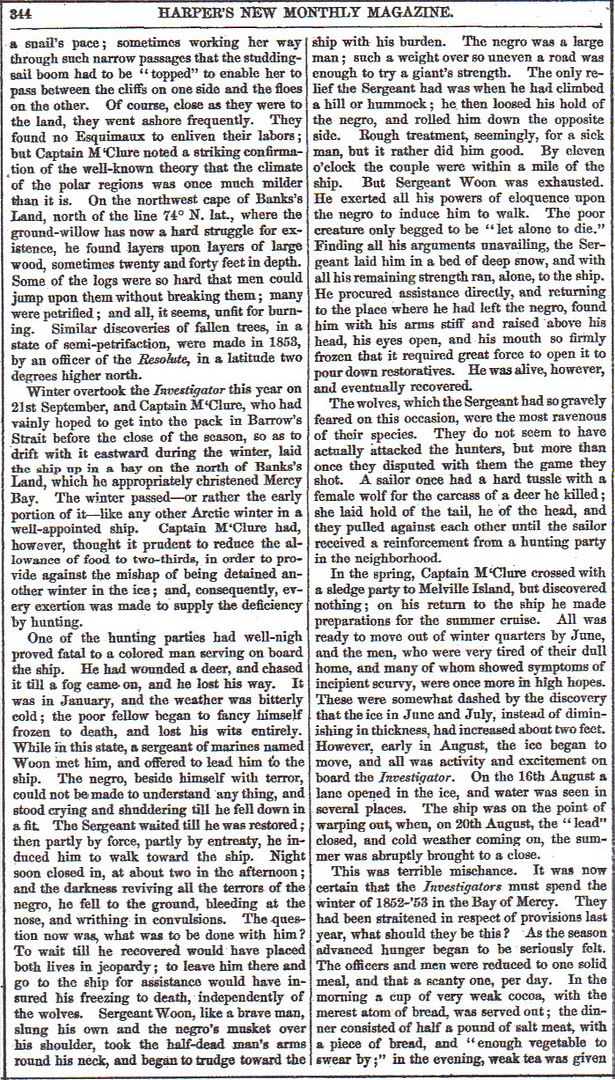
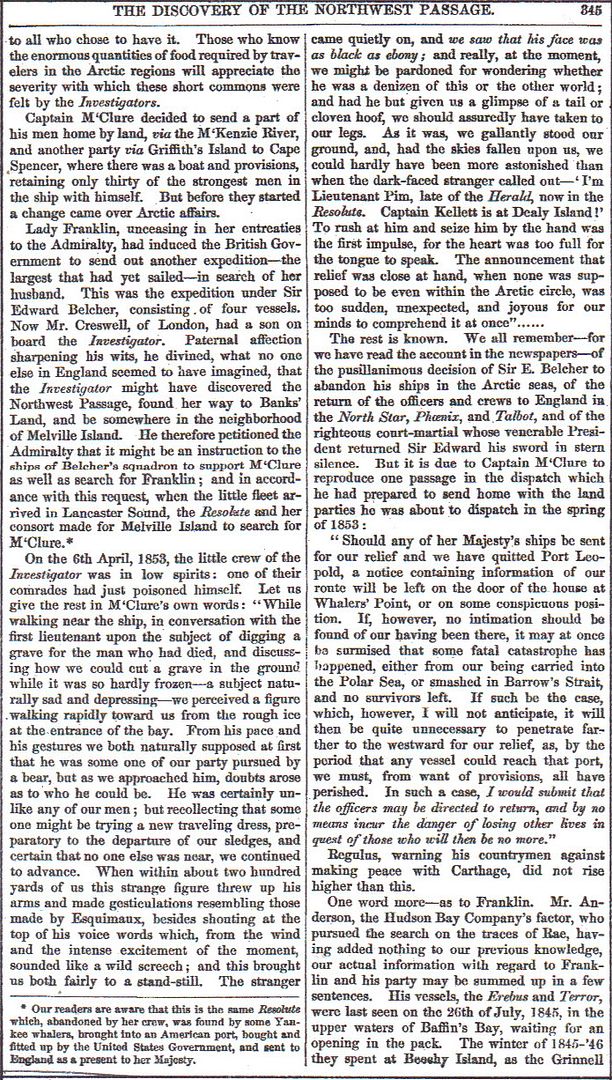
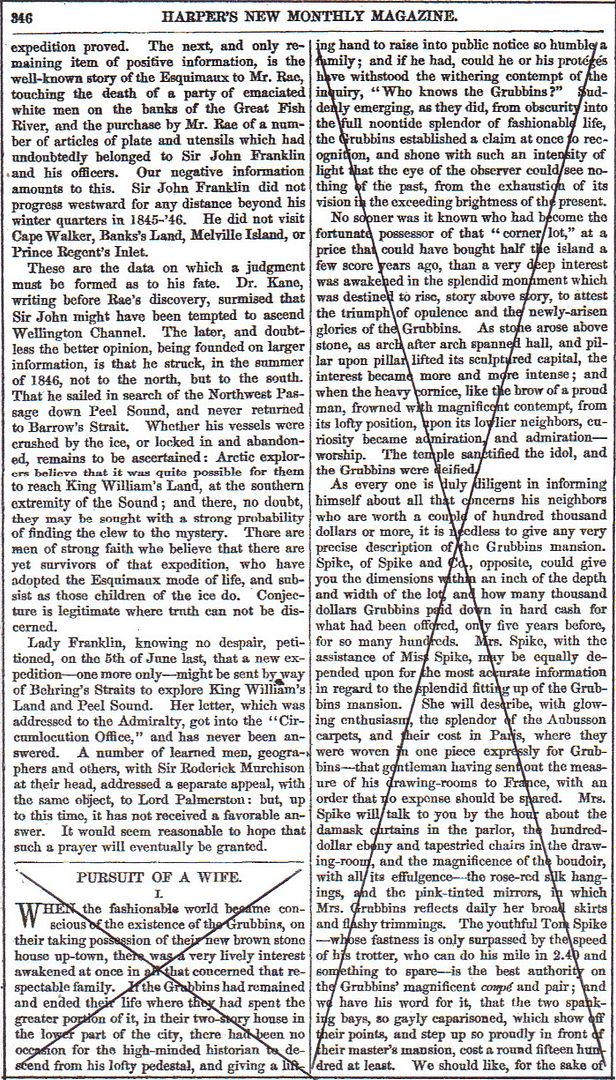
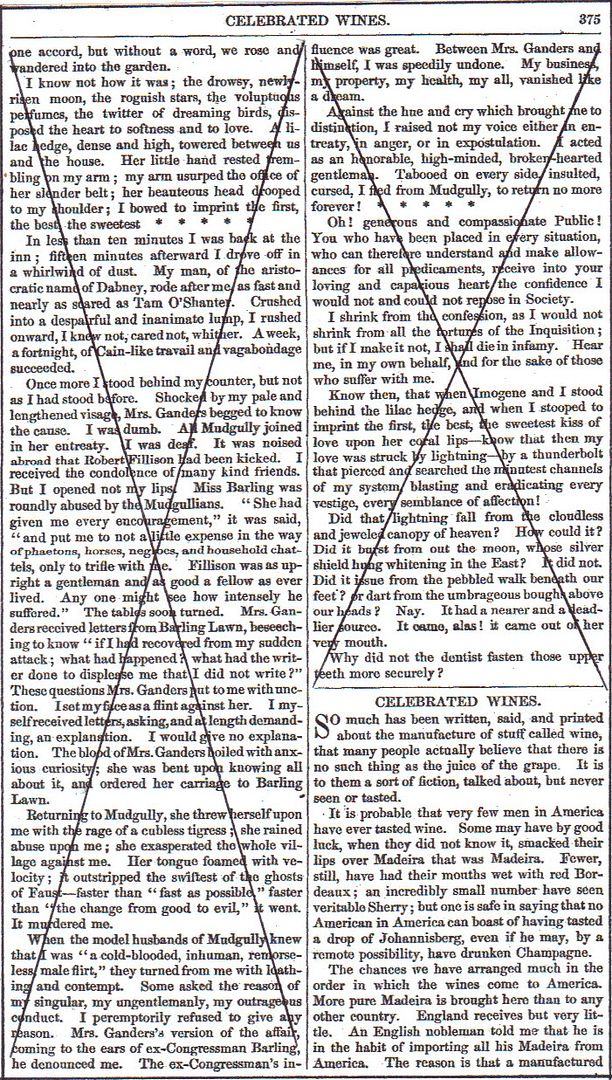
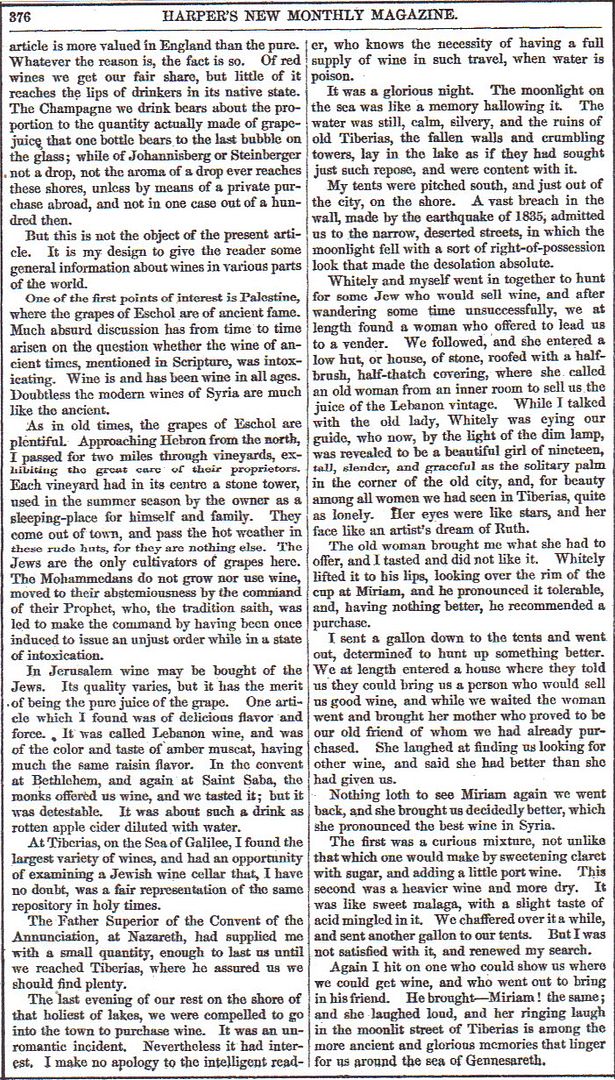
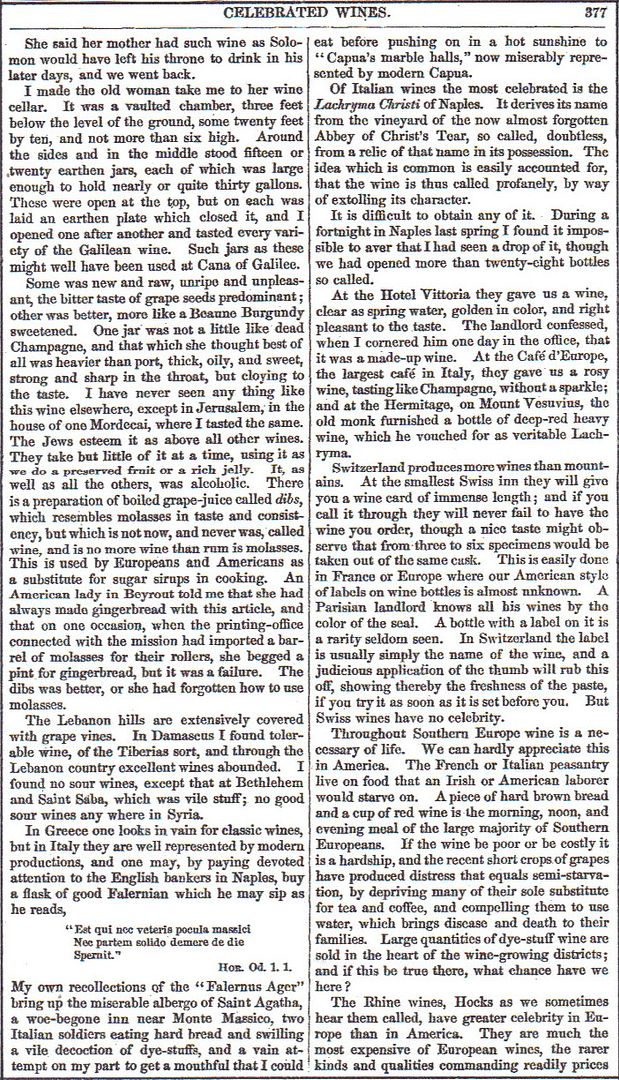
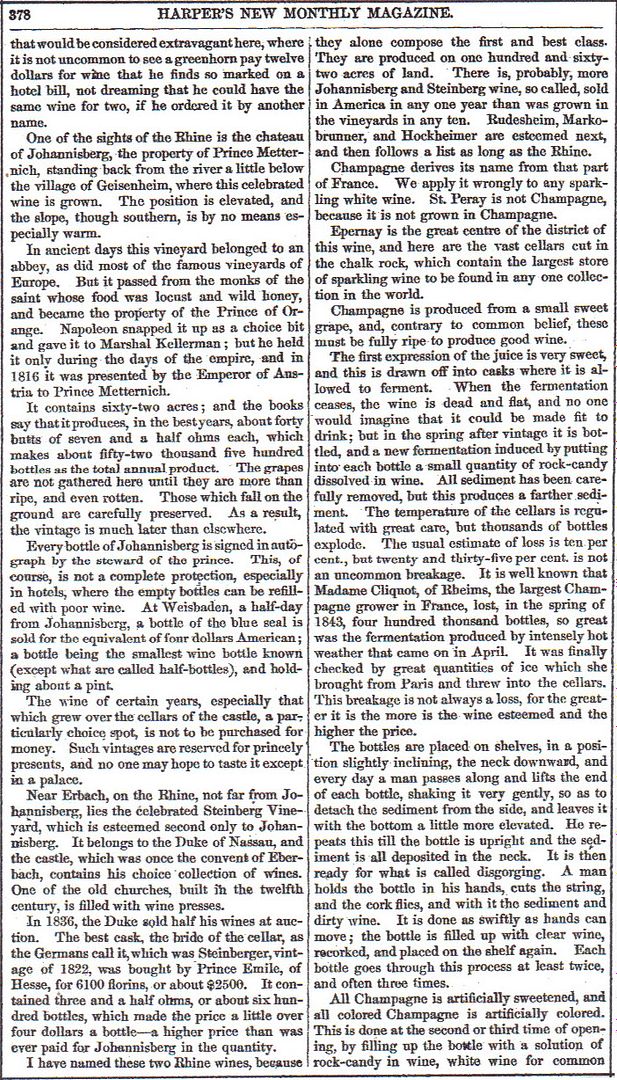
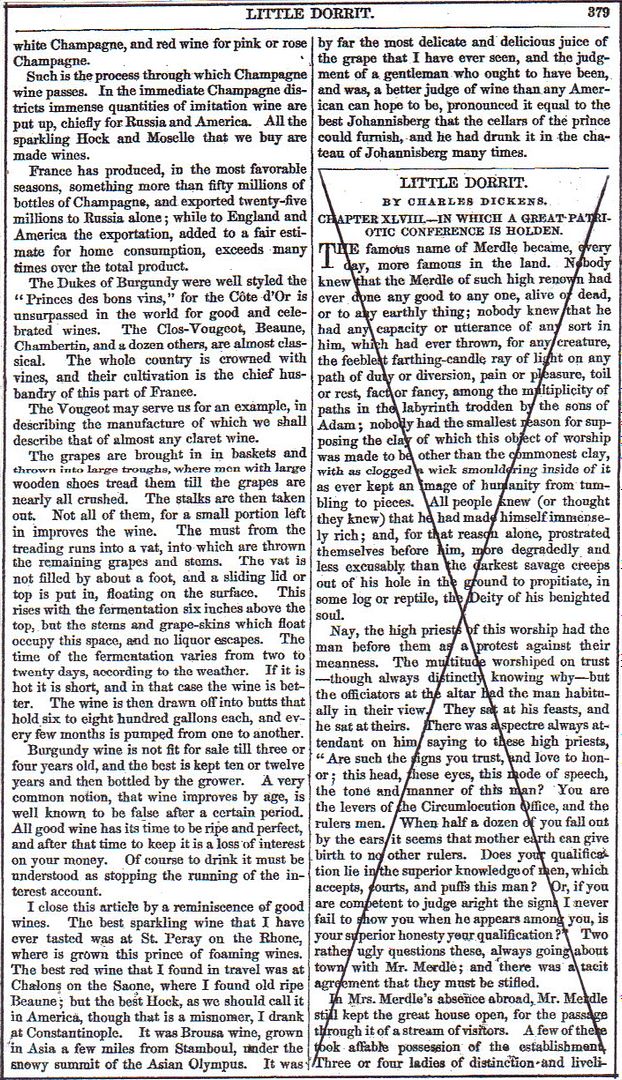
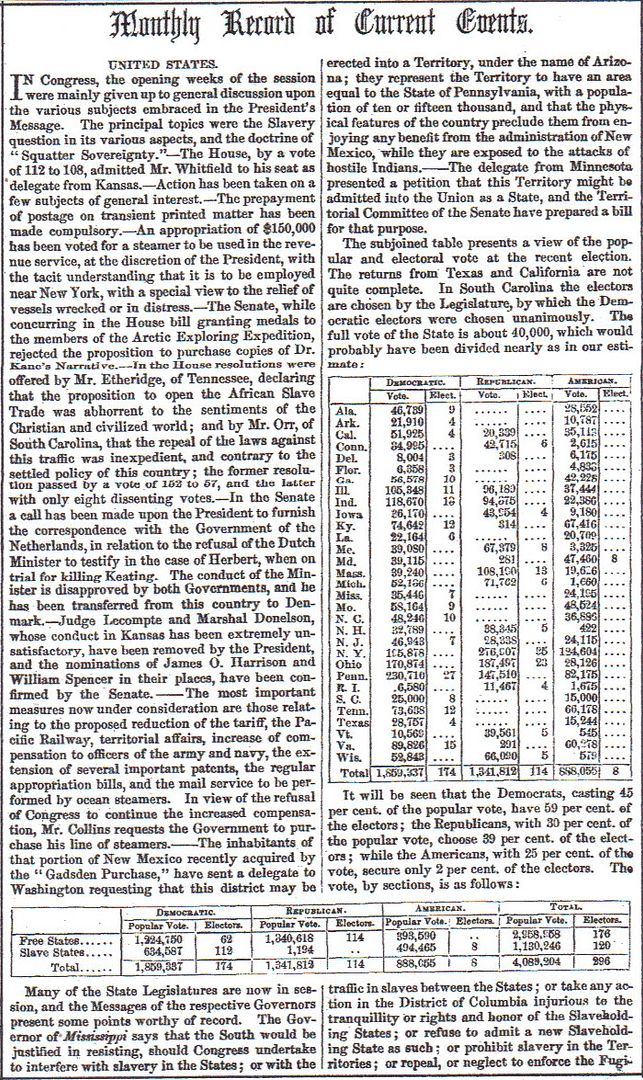
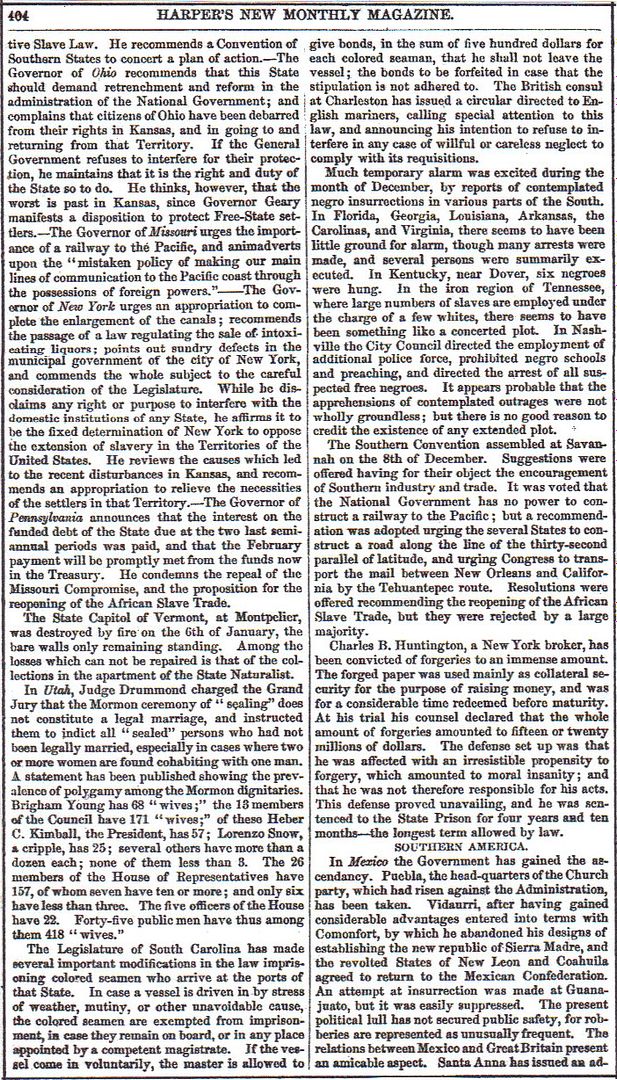
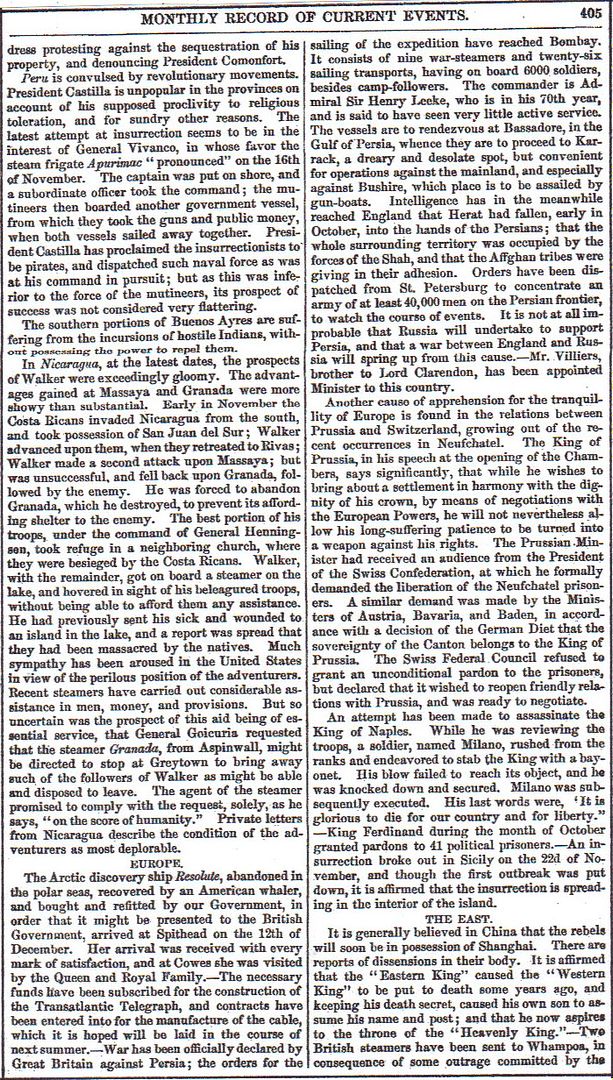
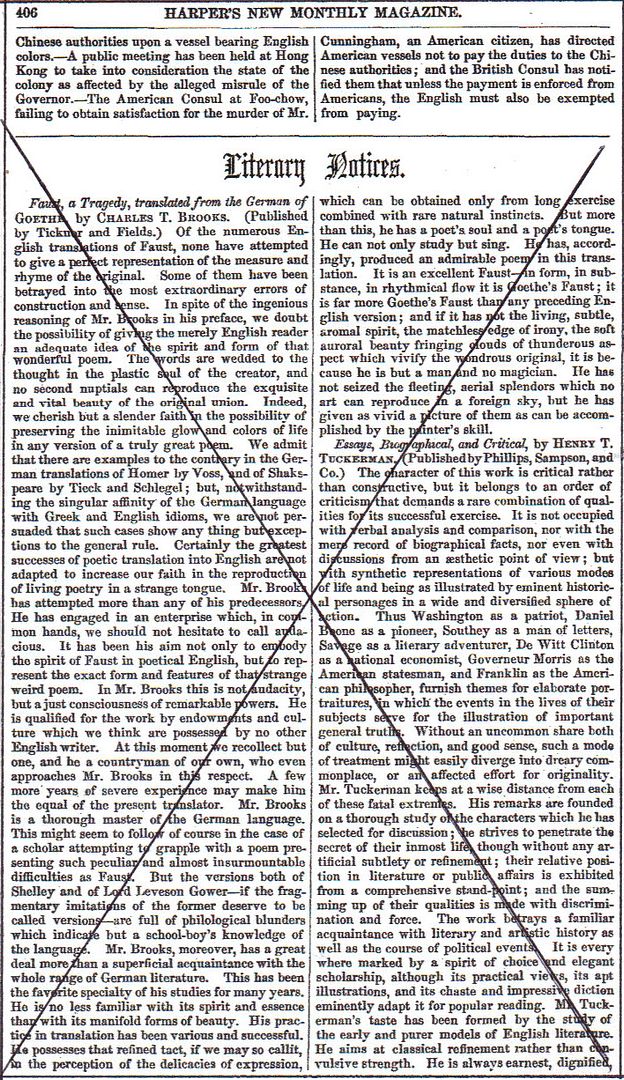
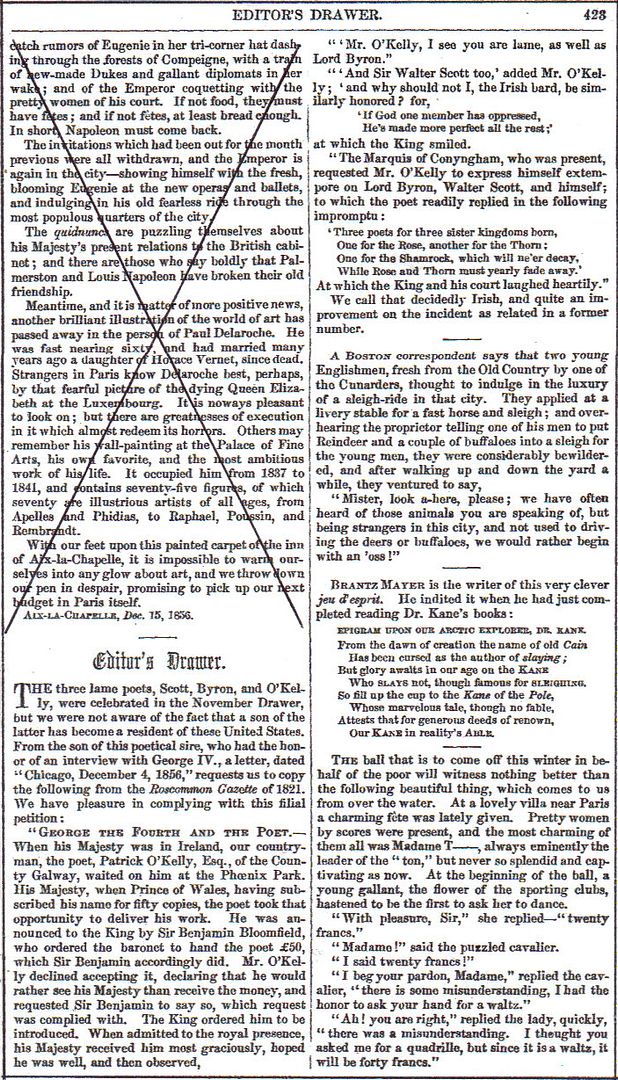
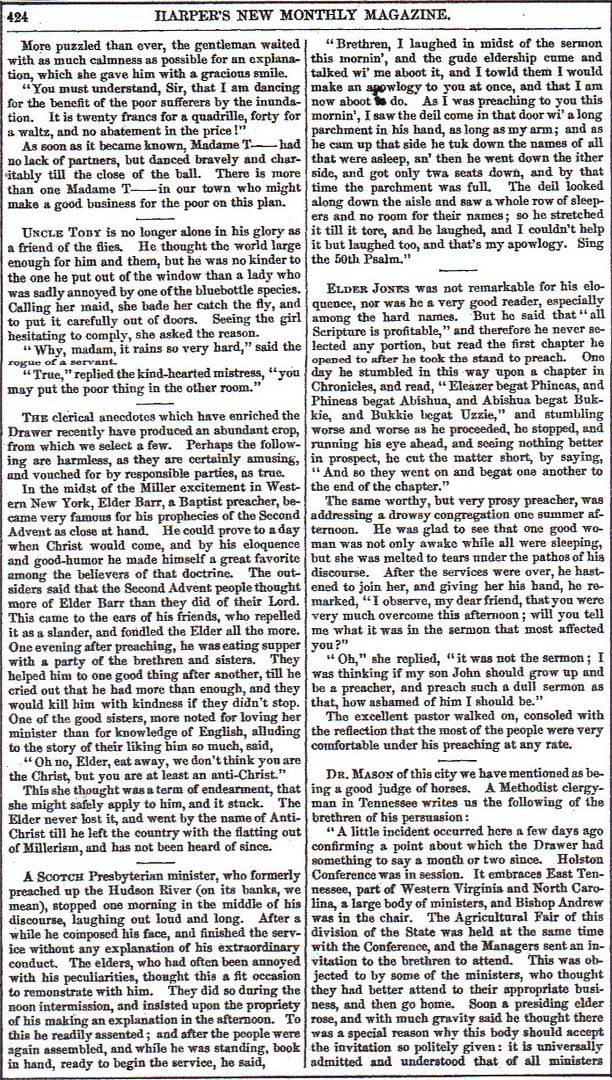
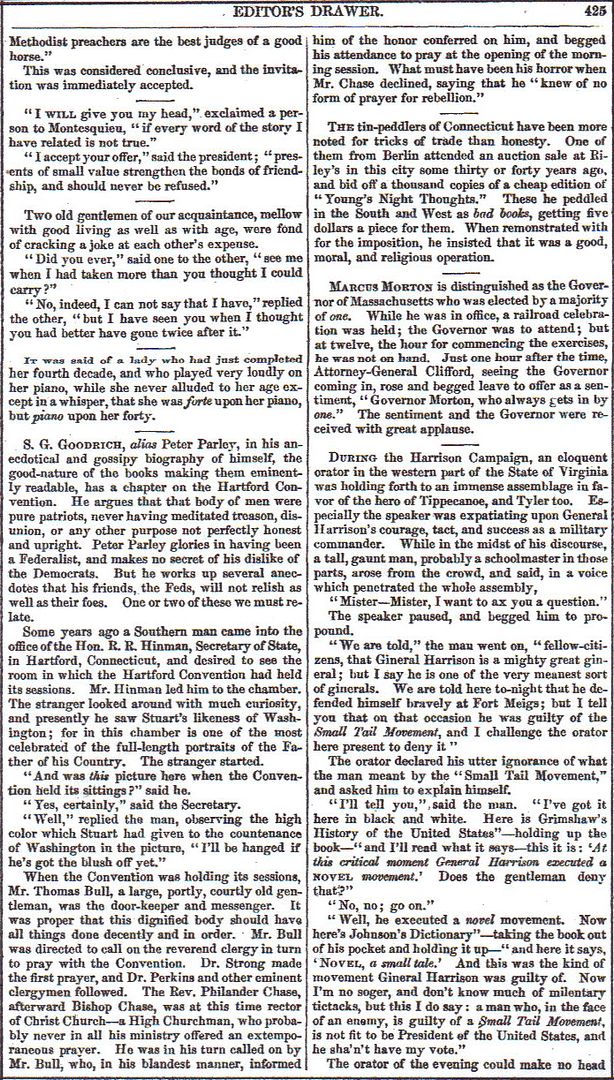
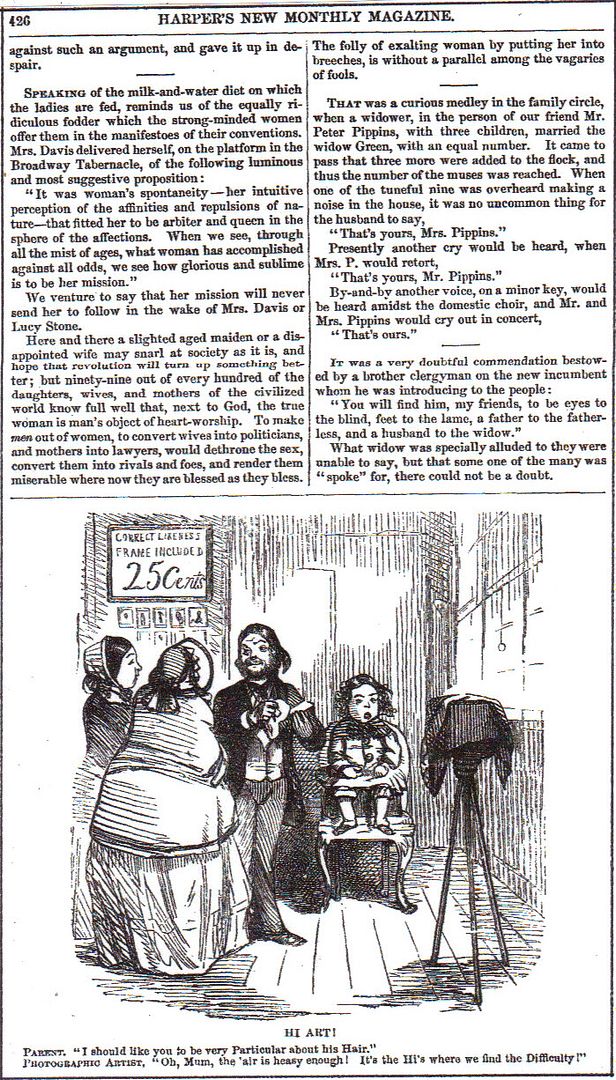
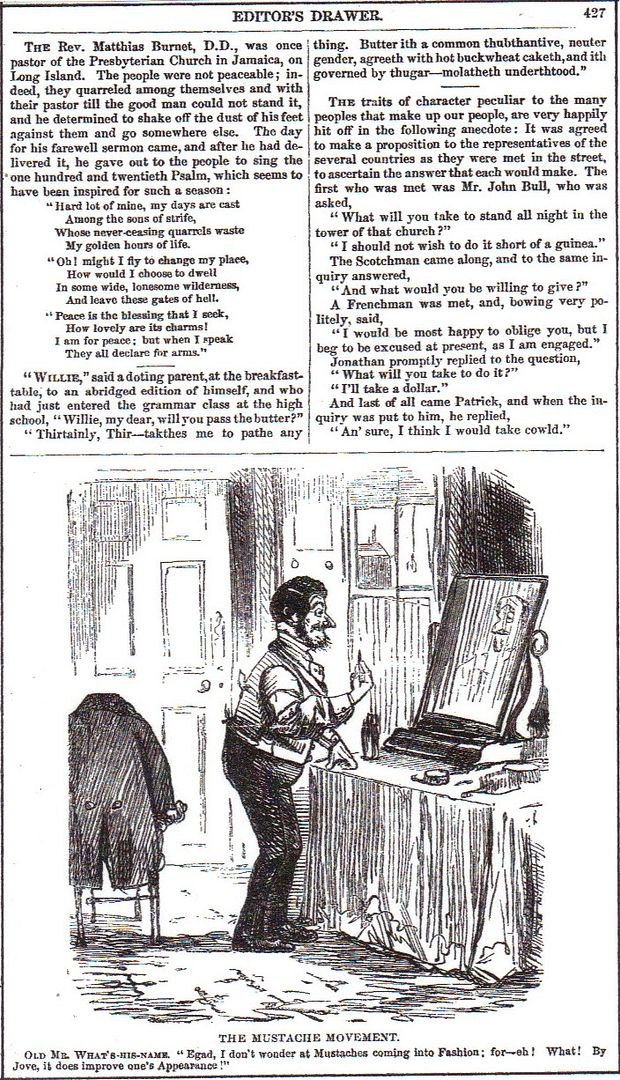
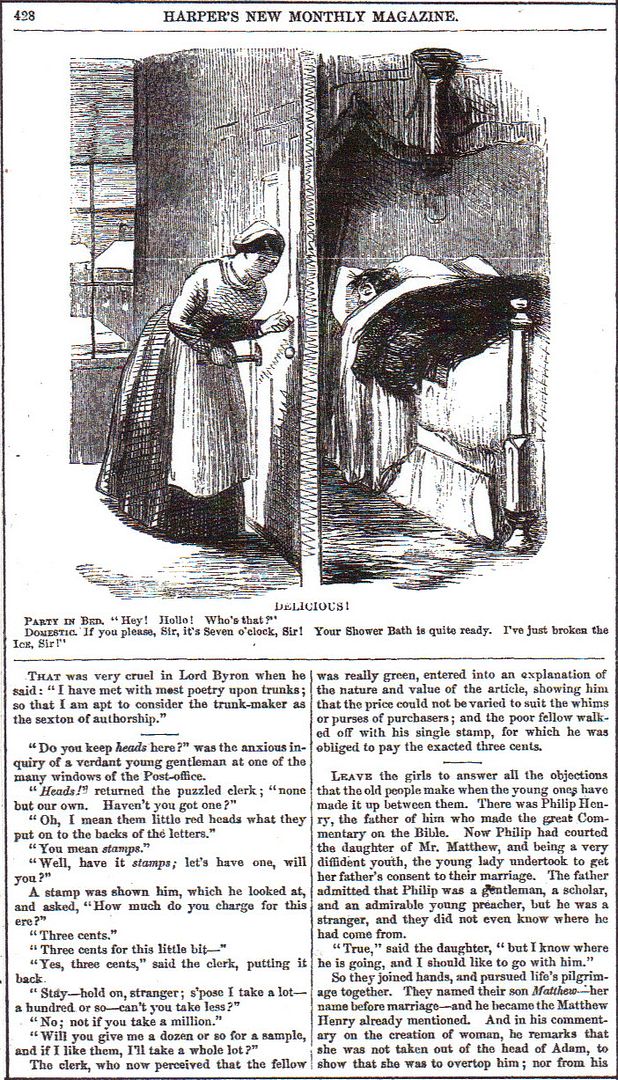
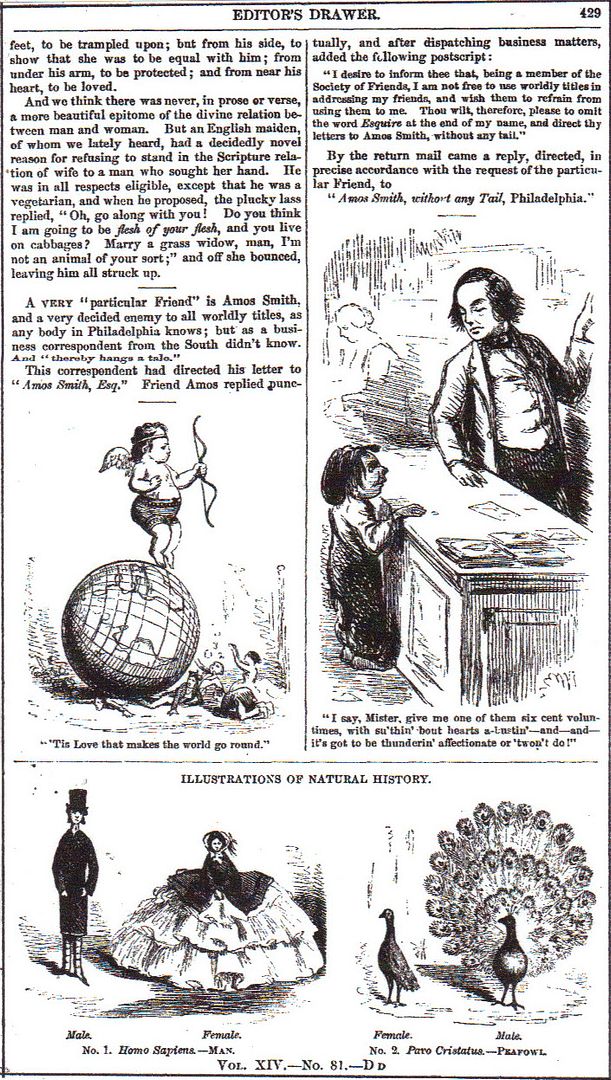
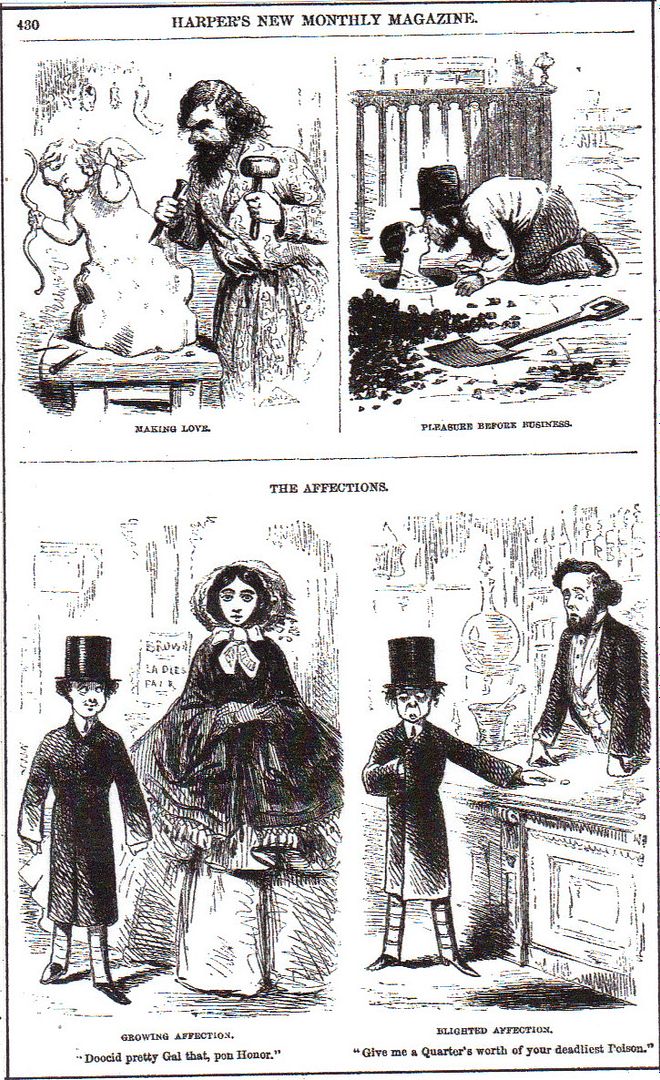
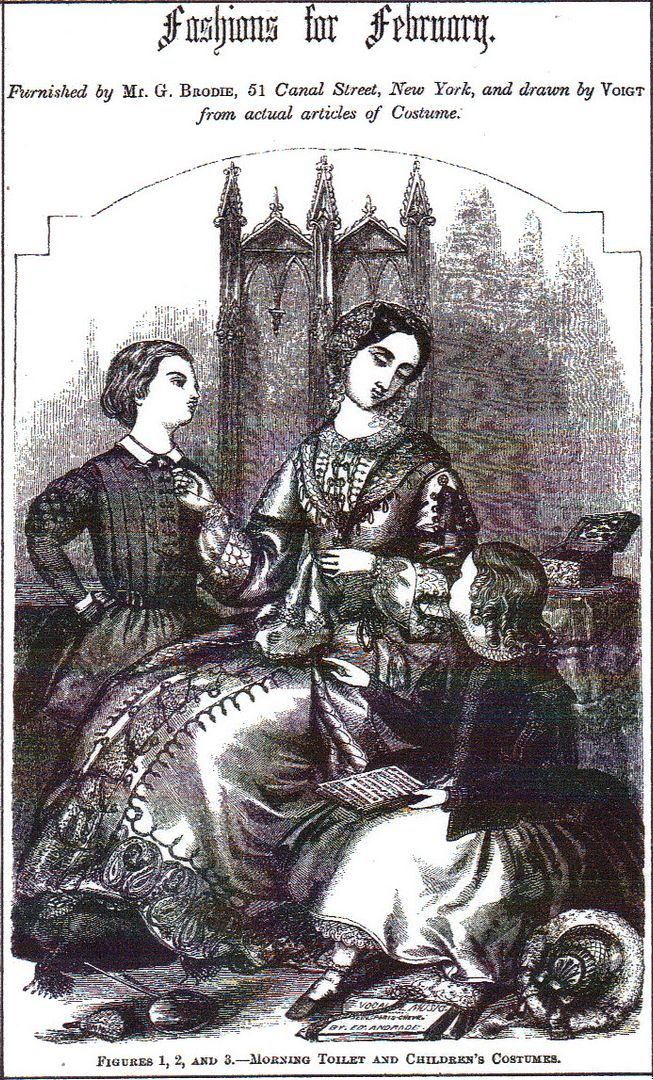
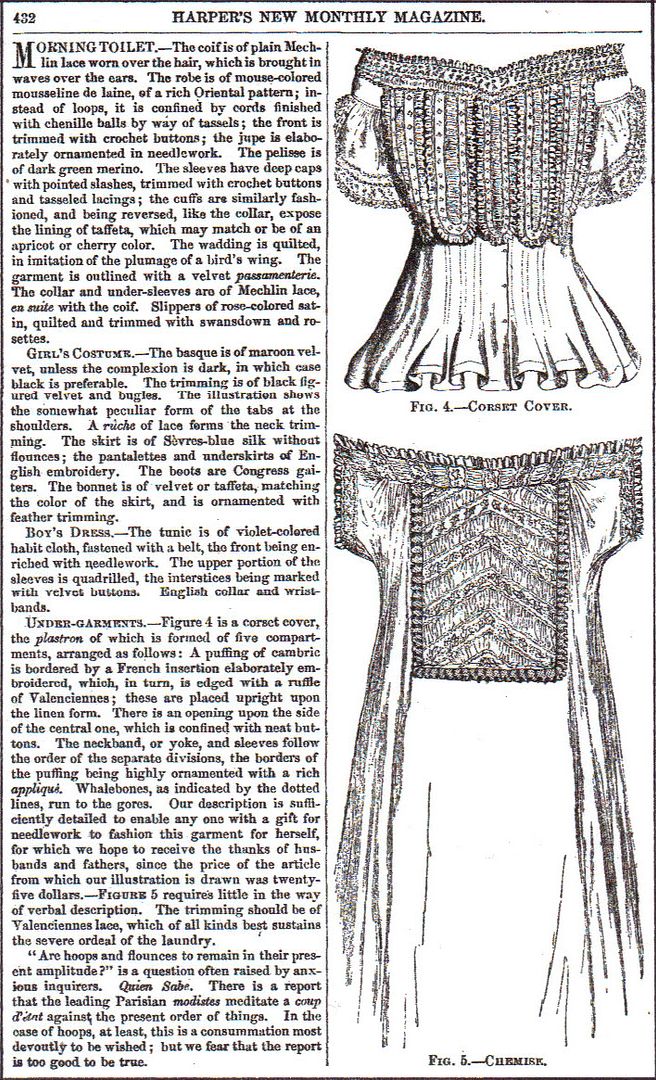
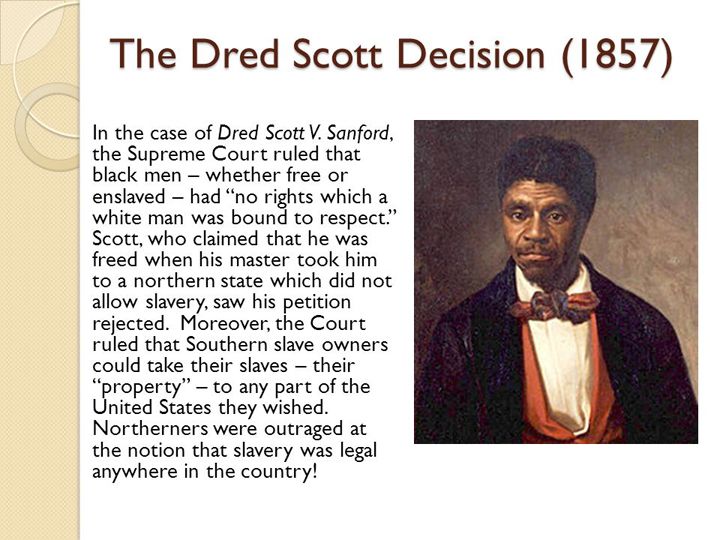
Free Republic University, Department of History presents U.S. History, 1855-1860: Seminar and Discussion Forum
Bleeding Kansas, Dred Scott, Lincoln-Douglas, Harper’s Ferry, the election of 1860, secession – all the events leading up to the Civil War, as seen through news reports of the time and later historical accounts
First session: November 21, 2015. Last date to add: Sometime in the future.
Reading: Self-assigned. Recommendations made and welcomed. To add this class to or drop it from your schedule notify Admissions and Records (Attn: Homer_J_Simpson) by reply or freepmail.
* The business of Congress – slavery and squatter sovereignty. Controversial Kansas delegate admitted by 112-108 vote. Appropriation approved for steamer for the revenue service to be used in New York area to rescue distressed vessels. Is this how the Coast Guard began?
“The inhabitants of that portion of New Mexico recently acquired by the ‘Gadsden Purchase,’ have sent a delegate to Washington requesting that this district may be erected into a Territory, under the name of Arizona . . .”
“The delegate from Minnesota presented a petition that this Territory might be admitted into the Union as a State . . .”
A chart shows results of the November election in both popular and electoral terms, both state-by-state and free states vs. slave states.
The governor of Mississippi proposes a Convention of Southern States to concert a plan of action in case the northern states continue their hostility towards southern slavery.
“In Utah Judge Drummond charged the Grand Jury that the Mormon ceremony of ‘sealing’ does not constitute a legal marriage, and instructed them to indict all ‘sealed’ persons who had not been legally married, especially in cases where two or more women are found cohabiting with one man.”
“Charles B. Huntington, a New York broker, has been convicted of forgeries to an immense amount. . . . The defense set up was that he was affected with an irresistible propensity to forgery, which amounted to moral insanity . . . This defense proved unavailing . . . he was sentenced to the State Prison for four years and ten months . . .”
Plus news from Mexico, South America, Europe, and Asia.
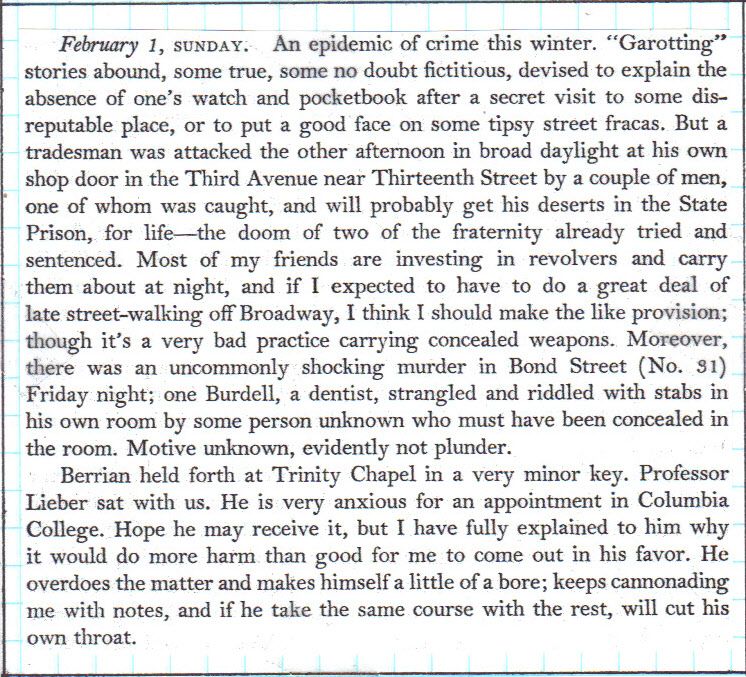
The Diary of George Templeton Strong, Edited by Allan Nevins and Milton Halsey Thomas
I never saw it used that way before.
Thanks!
Extraordinarily important to "get" what happened here, since Dred-Scott represented the culmination of decades of Slave Power political efforts to have slavery permanently recognized nation-wide.
Just like Democrats today, they sought (and found!) from the Court what they could not otherwise win through Constitutional processes.
Lincoln said Dred-Scott implied slavery was legal everywhere, and the next Supreme Court decision would make it explicit.
That's what inflamed Northerners generally, drove radicals like John Brown, and helped elect Republicans as never before.
In other words, in its greatest Federal victory the Slave-Power sewed the seeds of its own eventual destruction.
Interesting facts about wines of Israel and Lebanon. There’s something of a resurgence of Lebanese wine production. Some are even available in the U.S., I believe.
The Dred Scott decision, as Roe v. Wade, was utterly void of constitutionally-based reasoning. Thus, both were examples of federal tyranny leading to misery and death.
Some 45 years ago, I recall reading an 1850s reporter’s account of a political debate in Alabama.
It amazed me. Like Harpers, he painted an event in words.
Compare to Twitter. Blech.
In writing the decision in Dred Scott v. Sanford, Justice Taney sought to craft a “final solution to the slavery question.” His decision was the failure of the legal system to resolve the issue. While Americans tend to decry our overly litigious society, it has had one positive effect: when angered, Americans traditionally don’t resort to violence, we go to Court. In this instance, Dred Scott was the failure of the Court system to adequately resolve the issue. That left the only alternative as violence.
So Taney’s decision will ultimately resolve the slavery question, but not the way he intended.
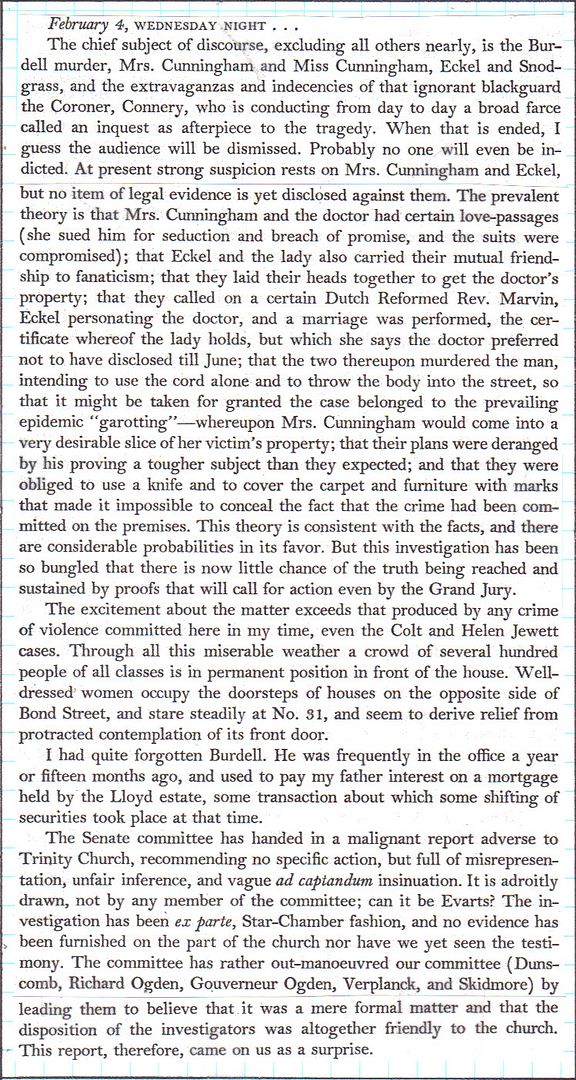
The Diary of George Templeton Strong, Edited by Allan Nevins and Milton Halsey Thomas
Can you even believe how primitive those people were back then, to use such crude arguments, even in cases of law!
Aren't you glad we today are so, so advanced, nobody would ever stoop to such tricks, right? </sarc>
;-)
.
Tim Kaine’s people!
.
I suppose it was a relaxing diversion from the endless debate over slavery.
""Whatever may be the force of the decision of the Supreme Court in binding the parties and settling their rights in the particular case before them, I am not prepared to admit that a construction given to the constitution by the Supreme Court in deciding any one or more cases fixes of itself irrevokably [sic] and permanently its construction in that particular and binds the states and the Legislative and executive branches of the General government, forever afterwards to conform to it and adopt it in every other case as the true reading of the instrument although all of them may unite in believing it erroneous."
February 5. Thaw and slop omnipresent and omnipotent. Broadway is a “Grand Canal” of snow broth, and furnishes a splendid opportunity to naturalize the hippopotamus in this hemisphere, as the camel has been introduced into Texas. Nothing very novel today. The Coroner is still stupidly accumulating evidence utterly irrelevant and immaterial about the Burdell case.
The Diary of George Templeton Strong, Edited by Allan Nevins and Milton Halsey Thomas
Seriously, I'm always reassured by reminders that things are now as they always were.
In my head, I can hear Anoreth saying this line. Also P.J. O'Rourke.
I confess, I had to look it up, had no idea.
But won't spoil it for everybody else... it's well worth the effort.
;-)
Endorsed
The correct wrong guess would have obviously been Abraham Lincoln who paraphrased those words in his first inaugural address. Surely, Taney, who had just administered the oath of office to Lincoln must have squirmed in his seat as Abe delivered his address and made Taney eat his own words. Abe put it thusly:
"............I do not forget the position, assumed by some, that constitutional questions are to be decided by the Supreme Court; nor do I deny that such decisions must be binding, in any case, upon the parties to a suit, as to the object of that suit, while they are also entitled to very high respect and consideration in all parallel cases by all other departments of the government. And while it is obviously possible that such decision may be erroneous in any given case, still the evil effect following it, being limited to that particular case, with the chance that it may be overruled and never become a precedent for other cases, can better be borne than could the evils of a different practice. At the same time, the candid citizen must confess that if the policy of the government, upon vital questions affecting the whole people, is to be irrevocably fixed by decisions of the Supreme Court, the instant they are made, in ordinary litigation between parties in personal actions, the people will have ceased to be their own rulers, having to that extent practically resigned their government into the hands of that eminent tribunal. Nor is there in this view any assault upon the court or the judges. It is a duty from which they may not shrink to decide cases properly brought before them, and it is no fault of theirs if others seek to turn their decisions to political purposes."
Disclaimer: Opinions posted on Free Republic are those of the individual posters and do not necessarily represent the opinion of Free Republic or its management. All materials posted herein are protected by copyright law and the exemption for fair use of copyrighted works.